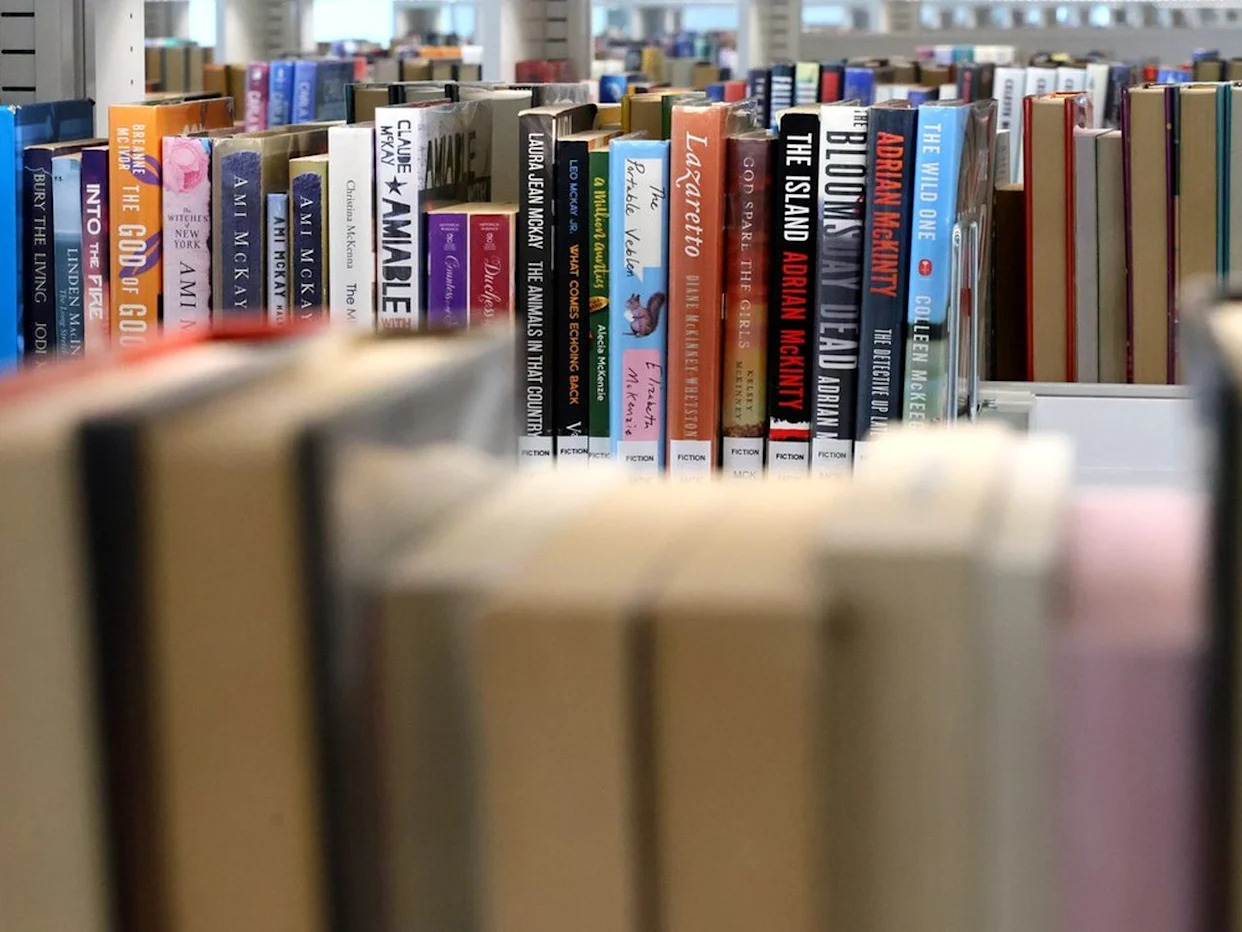Education
Alberta Government Revises School Book Ban Amid Controversy

The Alberta government has revised its controversial school book ban, allowing written depictions of explicit sexual content to remain in schools. This change comes after significant backlash, both locally and internationally, following the introduction of a policy that many criticized as overly restrictive. Education Minister Demetrios Nicolaides stated that the intent was to clarify the original order, which still prohibits graphic visual depictions of sexual acts in educational materials.
The policy shift was announced on September 8, 2023, coinciding with World Literacy Day. Despite the timing, Nicolaides downplayed any connection between the international criticism and the decision to revise the ban. He emphasized that the government was addressing a misunderstanding of its objectives rather than admitting to any mistakes.
Under the revised order, schools can retain novels, poetry, and classical literature that contain written explicit content. This means that works like Margaret Atwood‘s *The Handmaid’s Tale* and stories by Nobel laureate Alice Munro will not face bans, though visual representations of explicit sexual acts remain prohibited. The government aims to ensure that children do not have access to graphic images while still allowing access to literary texts deemed educationally valuable.
Nicolaides noted that the focus of the original policy was on banning highly explicit visual images found in some graphic novels. The government has faced extensive criticism for sending out the very images it seeks to restrict, raising ethical questions about its communication strategy. Nicolaides has addressed the backlash but has not conceded that the initial policy was flawed.
The initial order had provoked a wave of indignation, leading to widespread media coverage and public discourse regarding censorship in education. Critics argued that the ban was an ineffective solution to an exaggerated problem, suggesting it was an attempt to appease a vocal segment of the UCP base.
As the controversy unfolded, prominent authors and educators pointed out the potential consequences of such censorship efforts. Nicolaides has stated that the revised approach would ensure that educational institutions can provide students with access to a diverse range of literature while maintaining appropriate boundaries concerning graphic content.
The situation highlights the complexities of addressing concerns about explicit materials in educational settings. While the government has adjusted its stance, the debate over censorship and educational freedom continues, with implications for future policy decisions in Alberta and beyond.
-

 Science3 months ago
Science3 months agoToyoake City Proposes Daily Two-Hour Smartphone Use Limit
-

 Top Stories3 months ago
Top Stories3 months agoPedestrian Fatally Injured in Esquimalt Collision on August 14
-

 Health3 months ago
Health3 months agoB.C. Review Reveals Urgent Need for Rare-Disease Drug Reforms
-

 Technology3 months ago
Technology3 months agoDark Adventure Game “Bye Sweet Carole” Set for October Release
-

 World3 months ago
World3 months agoJimmy Lai’s Defense Challenges Charges Under National Security Law
-

 Lifestyle3 months ago
Lifestyle3 months agoVictoria’s Pop-Up Shop Shines Light on B.C.’s Wolf Cull
-

 Technology3 months ago
Technology3 months agoKonami Revives Iconic Metal Gear Solid Delta Ahead of Release
-

 Technology3 months ago
Technology3 months agoApple Expands Self-Service Repair Program to Canada
-

 Technology3 months ago
Technology3 months agoSnapmaker U1 Color 3D Printer Redefines Speed and Sustainability
-

 Technology3 months ago
Technology3 months agoAION Folding Knife: Redefining EDC Design with Premium Materials
-

 Business3 months ago
Business3 months agoGordon Murray Automotive Unveils S1 LM and Le Mans GTR at Monterey
-

 Technology3 months ago
Technology3 months agoSolve Today’s Wordle Challenge: Hints and Answer for August 19









